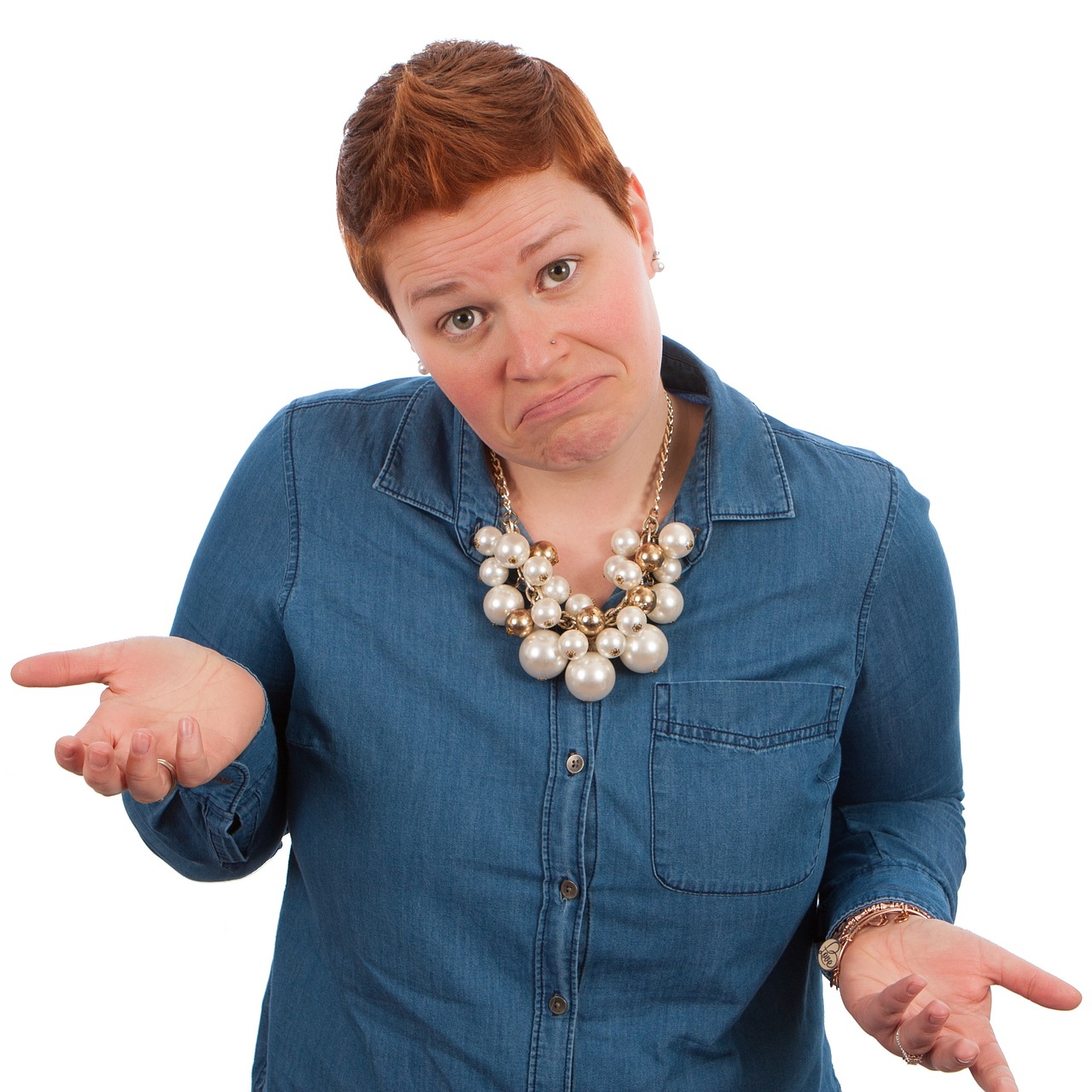Is Addiction a Disorder of the Brain or a Behavior-Based Problem?
Anyone who’s struggled with an addiction has likely experienced the overwhelming “need” to engage in certain behaviors or partake in substance abuse practices. This need eventually takes on top priority in a person’s daily life at the expense of all else.
Considering the drastic physical and mental changes that addiction causes, asking the question “is addiction a disorder of the brain or a behavior-based problem” can help in understanding the forces at work and what it will take to break addiction’s hold on your life once and for all.
The Addiction Cycle
In general, addiction can take two forms: substance-based and behavior-based. With substance-based addictions, the substance (e.g., cocaine, heroin) becomes the obsession, whereas certain activities (e.g., gambling, sex) become the obsession with behavior-based addictions.
According to Indiana University, the addiction cycle develops out of the chemical changes that take place in the brain as a result of the substance or activity. These interactions stimulate the production of endorphin chemicals (i.e., dopamine, serotonin, norepinephrine), all of which can enhance a person’s mood and overall sense of well-being.
In effect, the addiction cycle takes hold once a person becomes obsessed with experiencing the “rush” that comes with using drugs or engaging in a certain activity. If you’re struggling with some form of addiction and are considering treatment help, you can always call our toll-free helpline at 888-647-0051 (Who Answers?) to speak with one of our addiction specialists.
Is Addiction a Disorder of the Brain?

With chronic substance abuse, the brain comes to rely on drugs to function.
The changes in brain chemical levels that result from repeated substance abuse (or a particular activity) reconfigure the brain’s chemical pathways over time, according to the National Institute on Drug Abuse. After a certain point, the brain comes to require the effects of the substance or activity in order to function normally. So the answer to “is addiction a disorder of the brain” is yes.
Ultimately, addiction is a chronic brain disorder that works in much the same way as any other type of disease, such as diabetes or heart disease. Just as diabetes and heart disease require ongoing treatment and symptom management, addiction treatment entails treatment and symptom management on an ongoing basis.
Addiction as a Behavior-Based Problem
Someone struggling with an addiction problem has likely relinquished all sense of reason and common sense to his or her “need” for the drug (or activity). Before long, compulsive drug-using behaviors bring on a range of negative consequences in a person’s life, such as:
- Inability to fulfill school or work responsibilities
- Relationship problems
- Health problems
- Problems with the law
- Money problems
While compulsive behavior most characterizes addiction, these behavior patterns result from the physiological changes that have already taken place in the brain. In this respect, is addiction a disorder that’s behavior-based becomes a viable notion; however, the behavior-based disorder is secondary, or develops out of an existing brain disorder.
Treatment Considerations
In spite of addiction’s brain disorder origins, someone struggling with this condition must make a choice to get well. Granted, the effects of addiction do essentially warp a person’s thinking and ability to reason, but he or she must still choose to take the necessary steps to get and stay well just like someone with diabetes chooses healthy eating and daily exercise.
If you or someone you know are considering addiction treatment and have more questions, please don’t hesitate to call our toll-free helpline at 888-647-0051 (Who Answers?) .






